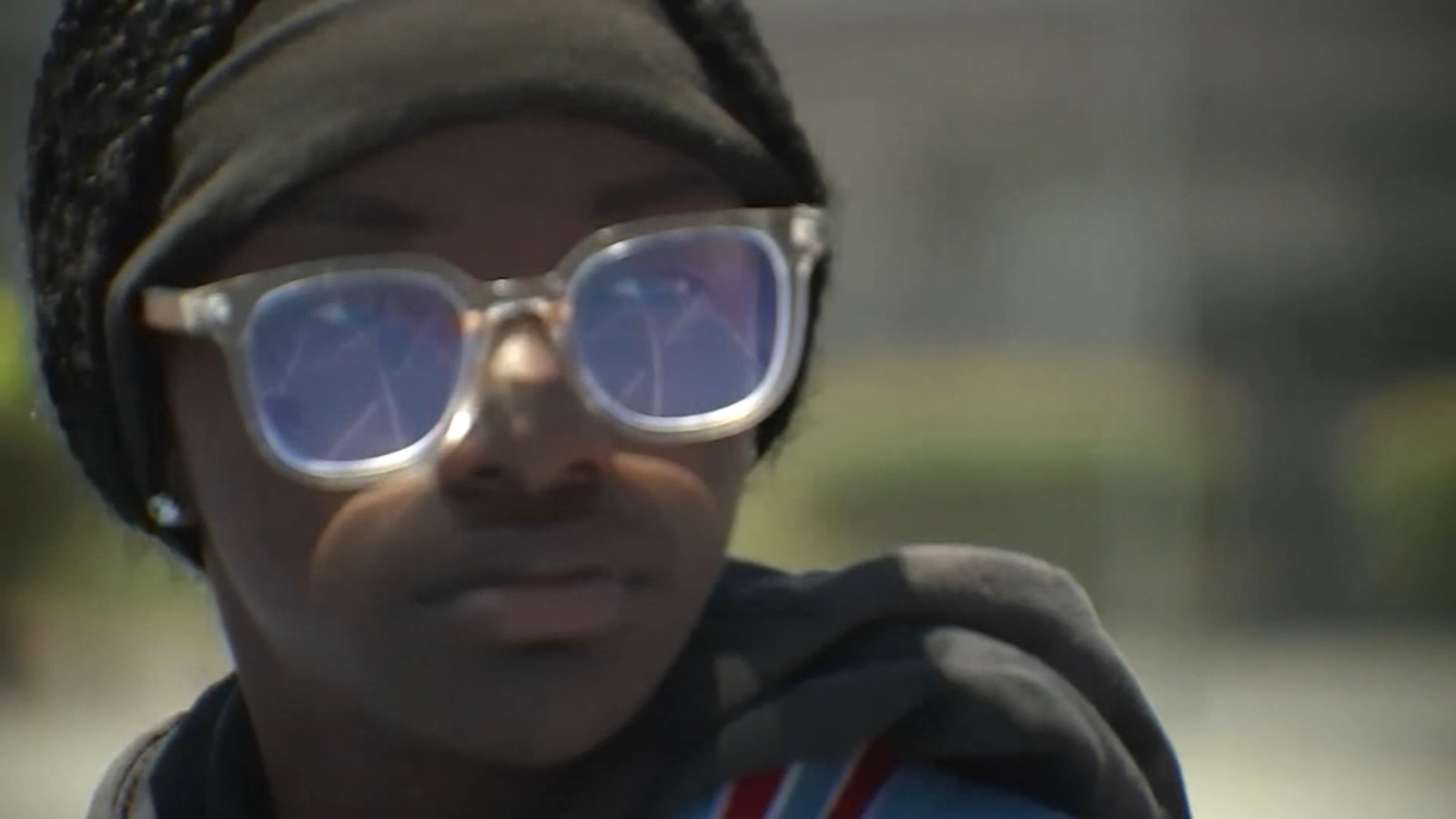#fairness
#fairness
[ follow ]
#transparency #psychology #sports #relationships #generative-ai #career-development #sports-rules #olympics
fromFast Company
4 weeks agoHow AI is redefining accuracy at the X Games
Sports are entering a new era and it could be powered by artificial intelligence. Jeremy Bloom, CEO of the X Games, is placing a bold bet on AI to revolutionize how competitions are judged and scored. From reducing human error to enhancing fairness and accuracy, AI judges could redefine the future of professional sports. But can machines truly replace human judgment on the world's biggest stages?
Artificial intelligence
Relationships
fromSlate Magazine
2 months agoHelp! I Thought My Wedding Planning Was Going Great. Then a Simple Decision Revealed My Fiance's True Colors.
Wedding-party choices require shared values, fair decisions, and clear communication to avoid resentment and preserve relationships during wedding planning.
fromPsychology Today
2 months agoWhy Life Feels Rigged Against You (But Isn't)
And yet, losing the toss can still leave you with an inexplicable sting of injustice. Your brain insists that it just wasn't fair, even though you know, statistically, it couldn't have been any more impartial. This contradiction between what we know and what we feel is what psychologists call the "illusion of unfairness." It's the human tendency to feel personally wronged by chance.
Psychology
fromSlate Magazine
3 months agoI Never Want My Kids to Accuse Me of Being Unfair With My Money. But on This One Line Item, I'm Afraid I Have to Be.
My company pays for the employees' health insurance and then the employee can add (and pay for) additional insurance, including for kids. "Kids" insurance costs the same if you have one kid or six kids. When Anna and Ben graduated college and started working, I kept them on my insurance because I was already purchasing the "Kids" insurance for Caroline. Anna switched to her own insurance at 26 and Ben will be 26 soon and do the same. Caroline now has a full-time job with benefits, including insurance. Her insurance is not free, but costs significantly less than "Kids" at my company. I never had a stated plan to insure my children until they were 26-it just worked out that way for my older children and didn't cost me any additional money. But it's clearly a benefit they received courtesy of me that Caroline won't receive.
Relationships
fromFast Company
5 months agoHow to combat AI bias in your hiring process
As the CEO and cofounder of an AI-native skills company, I've spent the last decade working with talent leaders to build better and fairer hiring processes. And, here's the uncomfortable truth: The biggest source of hiring bias isn't AI-it's us. While high-profile lawsuits like Mobley gets all the headlines, over 99.9% of employment discrimination claims in the previous five years don't center on AI bias, but on human bias.
Artificial intelligence
fromNew Relic
6 months agoOur Commitment to Responsible AI: Empowering Enterprises with Trust and Innovation
Our AI is designed to augment human capabilities, not replace them. We prioritize empowering users, enhancing productivity and insights, and encouraging that human oversight and control remain central to our AI-enhanced features.
Artificial intelligence
fromwww.theguardian.com
6 months agoProspective football agents to take case over Fifa's faulty online exam to Cas
A group of more than 40 candidates have claimed that technical problems with Fifa's online football agent exam compromised the fairness and transparency of the testing process, which took place for the first time on June 18.
Soccer (FIFA)
fromA Philosopher's Blog
6 months agoSports & XY
Creating fair categories of competition in sports is complex, as many factors such as anatomy, psychology, and economics can affect athletes’ performance. The extreme of having each person in their own category results in no competition, while having no categories at all can lead to reckless outcomes.
Philosophy
fromeLearning Industry
8 months agoEthical Considerations In AI-Driven Learning: Ensuring Fairness And Transparency
The alarming reality is that AI-driven learning can perpetuate biases present in data sources, leading to unfair treatment and unequal opportunities for diverse learners.
Artificial intelligence
fromInside Higher Ed | Higher Education News, Events and Jobs
8 months agoEliminate the Structured Interview (opinion)
The structured interview rests on the assumption that the elimination of the interviewer's subjective, individual perspective results in greater objectivity and thus less discrimination.
Women in technology
UX design
fromMedium
9 months agoDesign Career Ladder: Growth Through Clarity
A clear career ladder fosters growth, transparency, and fairness in team roles, addressing previously unclear expectations.
Observable behaviors defined our career ladder, promoting accountability and structured advancement within the team.
fromHackernoon
2 years agoWhat Happens When Blockchain Miners Cheat the System | HackerNoon
Our findings reveal a discrepancy between assumed prioritization norms and actual practices within the blockchain community. In particular, miners often deviate from these norms by prioritizing transactions that serve their own interests or friendly miners.
Cryptocurrency
[ Load more ]



